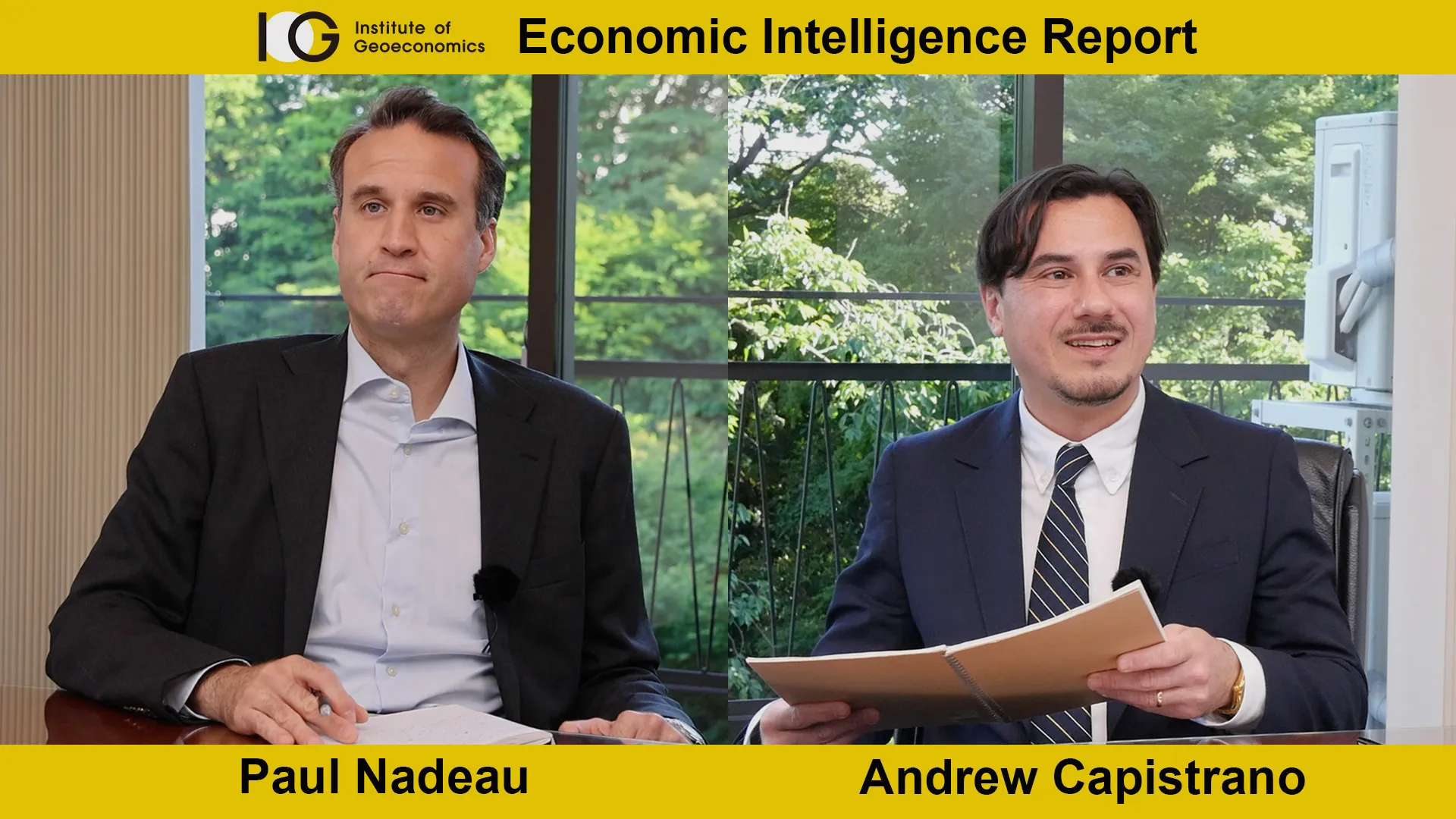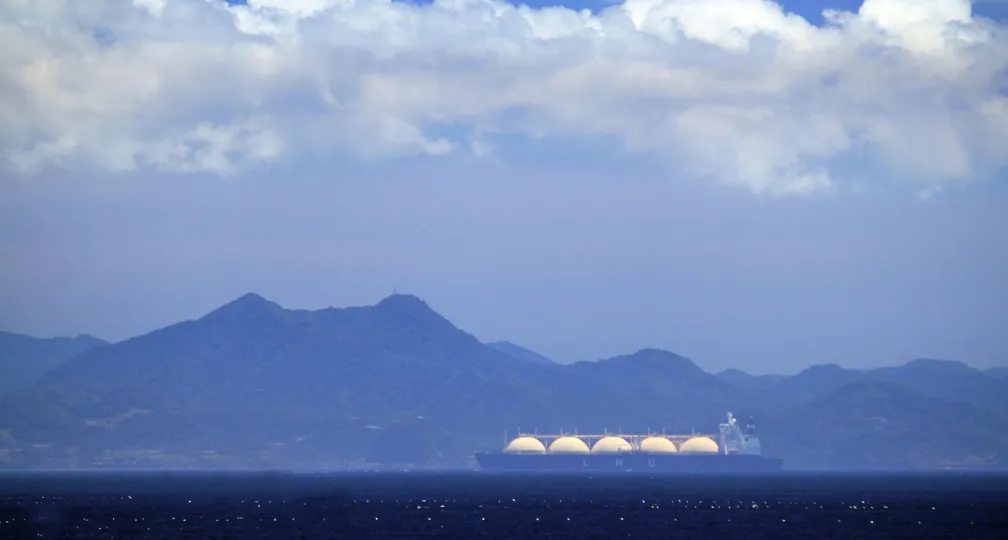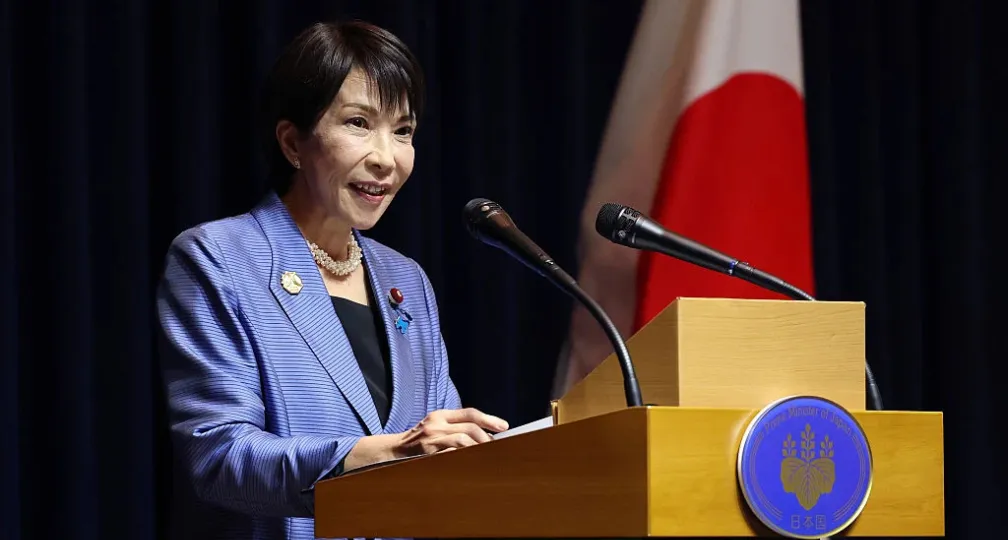IOG Economic Intelligence Report (Vol. 2 No. 2)

The latest regulatory developments on economic security & geoeconomics
All aboard: According to Bloomberg, Japan and the Netherlands have agreed to restrict exports of advanced chipmaking technology to China, consistent with controls enacted by the United States in October 2022. There are reportedly no plans to make a formal announcement given the sensitivity of the issue and Dutch and Japanese officials declined to comment. The report follows a January 20 interview from LDP lawmaker Amari Akira who called on Japan to join the U.S. export control regime.
Easing up?: It appears the Japanese government is considering easing export controls on sensitive materials to South Korea. The measures were enacted by the Abe administration in 2019 following national security concerns that these materials – which have military applications but are also vital for manufacturing high-end technologies like smartphones – were reaching concerned states” but were also widely seen as retaliation for South Korean Supreme Court rulings ordering that two Japanese companies provide compensation for forced labor during Japan’s colonial occupation of Korea. According to the report, the Japanese government will link removal of the restrictions with President Yoon Suk-yeol’s progress on resolving the issue of forced labor.
Details, details: It seems Senator Joe Manchin didn’t know the United States and European Union lacked a free trade agreement when he wrote the requirements in the Inflation Reduction Act. The language in the bill restricted eligibility to vehicles manufactured with a percentage of components from the United States or countries with whom the United States has a free trade agreement. Eligibility requirements have become a serious point of contention between the United States and EU countries, and the Treasury Department said it would adopt an expansive interpretation of the eligibility requirements while Senator Manchin said he was open to revising the language in the legislation as well.
Trading places: Incoming chief of staff Jeff Zients has a background in trade policy, having helped the Obama administration secure Trade Promotion Authority from Congress in 2015. He also launched an ambitious but unsuccessful attempt to place the cabinet-level Office of the U.S. Trade Representative under the jurisdiction of the Commerce Department. He was rumored as a potential nominee to be U.S. Trade Representative in the Obama administration in 2013, though the nomination ultimately went to Michael Froman. In the Biden administration, Zients served as a counselor to the president and director of the White House coronavirus response. The White House chief of staff is typically responsible for handling the president’s day-to-day affairs, and it is unlikely it will change the administration’s fundamental concerns on high-profile trade policies that require the engagement of Congress.
Americas Only: Republican Bill Cassidy of the Senate Finance Committee, which has jurisdiction over trade issues, released a discussion draft of what’s tentatively called the “Americas Act” that would incentive companies to move their supply chains from China to the United States and Latin America as well as creating a roadmap for Central American states to join the U.S.-Mexico-Canada Agreement (USMCA). Mexican President Manuel Andreas Lopez Obrador sounded a similar call in his closing remarks at the North American Leaders’ Summit for North America to produce 25 percent of what is now imported from Asia (there was no reference to the plan in the official joint statement or in the list of “key deliverables” but Obrador is already appointing officials to represent Mexico in the initiative).
TRQ: U.S. Trade Representative Katherine Tai signed a tariff-rate quota (TRQ) agreement with EU negotiators that will keep U.S. access to the EU market for certain agricultural commodities following Brexit. The TRQ allocations will be based on historic patterns of exports to remaining EU member states.
Analysis: The Limits of Securitization
It’s a little fanciful to say that the current decade has ushered in the securitization of economies. Or it might be that it’s only securitization when the goal is decoupling rather than integration or if economics is used as a coercive tool like with sanctions. Except economic policy and security policy have always been linked, especially in the modern era. While current discussions about U.S.-China competition have emphasized the coercive potential of economic warfare it’s only one expression of the relationship between economics and security. There are lots of ways to use economics to achieve security and focusing on its coercive potential does a disservice to its other uses – and might even cause more insecurity in the long run.
The whole liberal rules-based order that was put in place after World War II rested on the very idea that economic welfare is a security issue and that open economic systems governed by rules rather than coercion provide the best opportunities for welfare gains. At that time, it was connectivity and interdependence that would generate security by aligning interests and creating economic growth to combat poverty which was seen to be a source of geopolitical instability. Given the experience of the interwar period in Europe, these were reasonable lessons to draw.
Needless to say, decision makers today are faced with a world that’s different from that in post-World War II Europe. It’s a challenge that the designers of the postwar order never set for themselves since the institutional infrastructure that they created has never had to manage an economy as large or with as different a governance model as China’s. There are also real issues being genuinely contested, like China’s military posture or its human rights record. There were always going to be limits to how deeply China would be integrated into the system – as former U.S. Trade Representative Robert Lighthizer said, China is “not an exotic version of Canada” – but there are still plenty of potential outcomes that don’t necessarily lead to a new cold war.
The dirty secret of the securitization of economic relationships is that it basically doesn’t work. As the Fletcher School’s Dan Drezner reminds, protectionist tariffs, as usual, hurt consumers and damage alliances all while failing to improve national security. While it’s probably safe to assume that the Biden administration is genuine in its concern about semiconductor export controls, there’s every possibility that the controls fail to improve national security either. They might even backfire – Scott Sumner of the Econlib blog even warns that delinking China from the rest of the world’s semiconductor trade removes an incentive for China to avoid attacking Taiwan – if the United States needs Taiwan’s semiconductors but China can manage without them, then that’s a new vulnerability that China can use to squeeze the United States. It’s also a lot easier for China to reproduce semiconductor supply chains than it is for China to replicate the role of the U.S. dollar. Multilateralism can help the Biden administration’s goals, so the apparent willingness of Japan and the Netherlands to join U.S. controls on China is good news for the designers of the controls, but the second- and third-order effects are hard to predict, especially if China can meaningfully develop its own advanced chip industry.
The problem is that proponents of securitization can always say that we just haven’t tried hard enough or gotten the right kind of pressure yet. Maybe, but that’s also how you end up with decades-long sanctions regimes against Cuba, Iran, and North Korea without much to show for it. If sanctioned targets are willing to swap short-term economic costs for long-term geopolitical goals, then sanctions and export controls won’t go very far. Answering a proximate challenge is one thing, but there still needs to be a strategy at the geostrategic level.
Meanwhile the Biden administration’s protectionist turn seems like a feature not a bug, especially given Amb. Katherine Tai’s remarks at Davos, arguing that the prosperity of globalization has been outweighed by job losses and corporate profits – and ignoring the fact that globalization led extreme poverty to drop by two-thirds since 1990. While she’s not necessarily talking about economic security, it’s the other side of the coin that’s leading the United States towards greater protectionism. It’s important and good to think about the links between national security and economics, but if securitization leads to policies that ultimately undermine security and leave the world poorer then it will end up doing more harm than good. As Kristalina Georgieva, managing director of the International Monetary Fund, said, “You can’t solve a problem of geopolitics with economic policy measures.”
Disclaimer: The views expressed in this IOG Economic Intelligence Report do not necessarily reflect those of the API, the Institute of Geoeconomics (IOG) or any other organizations to which the author belongs.
API/IOG English Newsletter
Edited by Paul Nadeau, the newsletter will monthly keep up to date on geoeconomic agenda, IOG Intelligencce report, geoeconomics briefings, IOG geoeconomic insights, new publications, events, research activities, media coverage, and more.


Visiting Research Fellow
Paul Nadeau is an adjunct assistant professor at Temple University's Japan campus, co-founder & editor of Tokyo Review, and an adjunct fellow with the Scholl Chair in International Business at the Center for Strategic and International Studies (CSIS). He was previously a private secretary with the Japanese Diet and as a member of the foreign affairs and trade staff of Senator Olympia Snowe. He holds a B.A. from the George Washington University, an M.A. in law and diplomacy from the Fletcher School at Tufts University, and a PhD from the University of Tokyo's Graduate School of Public Policy. His research focuses on the intersection of domestic and international politics, with specific focuses on political partisanship and international trade policy. His commentary has appeared on BBC News, New York Times, Nikkei Asian Review, Japan Times, and more.
View Profile-
 Japan’s Sea Lanes and U.S. LNG: Towards Diversification and Stabilization of the Maritime Transportation Routes2026.02.24
Japan’s Sea Lanes and U.S. LNG: Towards Diversification and Stabilization of the Maritime Transportation Routes2026.02.24 -
 Fed-Treasury Coordination as Economic Security Policy2026.02.13
Fed-Treasury Coordination as Economic Security Policy2026.02.13 -
 What Takaichi’s Snap Election Landslide Means for Japan’s Defense and Fiscal Policy2026.02.13
What Takaichi’s Snap Election Landslide Means for Japan’s Defense and Fiscal Policy2026.02.13 -
 Challenges for Japan During the U.S.-China ‘Truce’2026.02.12
Challenges for Japan During the U.S.-China ‘Truce’2026.02.12 -
 India and EU Sign Mother of All Deals2026.02.09
India and EU Sign Mother of All Deals2026.02.09
 Orbán in the Public Eye: Anti-Ukraine Argument for Delegitimising Brussels2026.02.04
Orbán in the Public Eye: Anti-Ukraine Argument for Delegitimising Brussels2026.02.04 Fed-Treasury Coordination as Economic Security Policy2026.02.13
Fed-Treasury Coordination as Economic Security Policy2026.02.13 When Is a Tariff Threat Not a Tariff Threat?2026.01.29
When Is a Tariff Threat Not a Tariff Threat?2026.01.29 Oil, Debt, and Dollars: The Geoeconomics of Venezuela2026.01.07
Oil, Debt, and Dollars: The Geoeconomics of Venezuela2026.01.07 India and EU Sign Mother of All Deals2026.02.09
India and EU Sign Mother of All Deals2026.02.09














